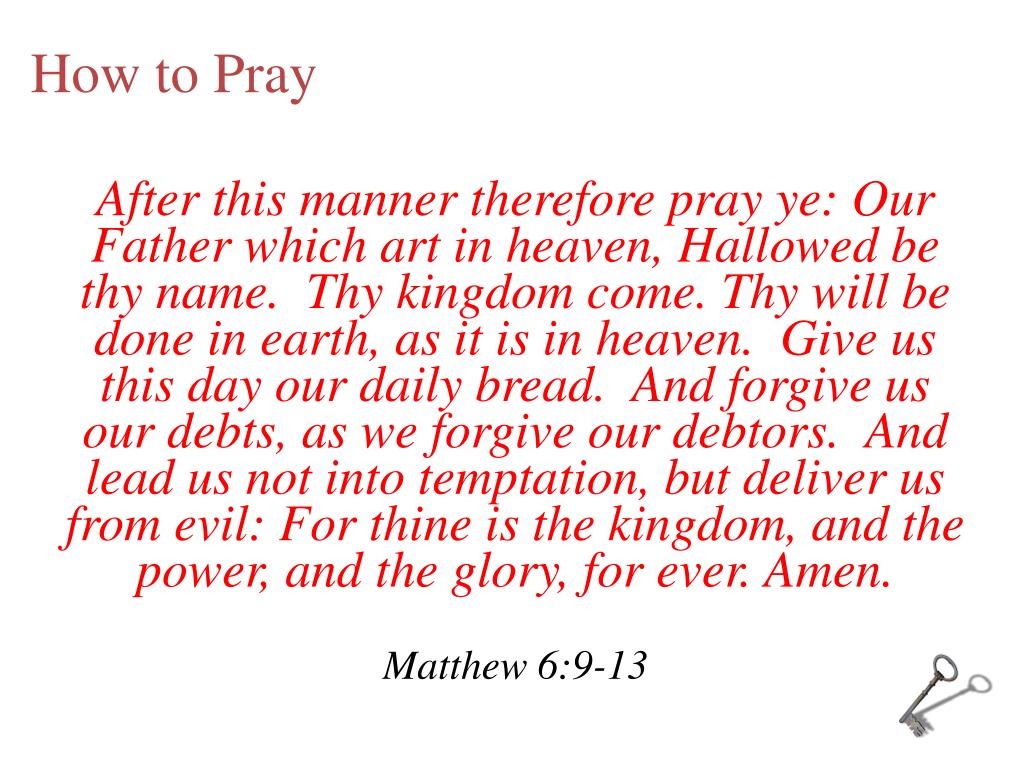

Yet, to know God beyond merely studying creation to know his nature, character, will, and promises to enter into covenant relationship with him we need divine speech. No doubt, creation is revelatory of God and necessary to know God (Psa. 1:1-3), we would also have no ground for the knowledge of God, truth, and possibility of doing theology, at least theology that is objectively true ( principium cognoscendi, i.e., “principle of knowing,” or the foundation of knowledge). Apart from the triune God and his initiative to speak to us, not only would there be no universe (Gen. Hebrews 1:1-2 begins with these words: “Long ago, at many times and in many ways, God spoke to our fathers by the prophets, but in these last days he has spoken to us by his Son.” These verses remind us of the first and foundational truth that warrants our knowledge of God and thus everything we think and say about him. Let’s unpack this answer in two directions.įirst, for the knowledge of God to be possible, God must take the initiative to speak to us. The answer Scripture gives is this: the knowledge of God is possible because the triune Creator-covenant God exists and has spoken to us. How is the knowledge of God possible? The Triune God is there and He has Spoken Truth to Us In addition, since Genesis 3, we are not only finite but we are also fallen rebels who want to go our own way and to think our own thoughts. John Vriend, 29).īut how do we know rightly the glorious God of Scripture who is totally unlike us? The distance between God and us is the difference between Creator and creature, eternity and time, one who is infinite in being, knowledge, and perfection, and humans, who are finite in every way. Dogmatics is always called upon to ponder and describe God and God alone… It is the knowledge of him alone that dogmatics must put on display (Herman Bavinck, God and Creation, vol. All things are considered in light of God, subsumed under him, traced back to him as the starting point. All the doctrines treated in dogmatics-whether they concern the universe, humanity, Christ, and so forth-are but the explication of the one central dogma of the knowledge of God. So, then, the knowledge of God is the only dogma, the exclusive content, of the entire field of dogmatics. Herman Bavinck captures this point well when he writes: The study of theology, or dogmatics, rightly understood, is also nothing more or less than the knowledge of God applied to every area of thought and life. The life and health of the church is directly dependent on our knowledge of God. There is no higher calling and nothing more urgent than for humans as God’s creatures, and especially God’s redeemed people in Christ, than to know our triune God in all of his majesty, beauty, and holy splendor (Psa.

Think of how the new covenant relationship is described between God and his people: “And no longer shall each one teach his neighbor and each his brother, saying, ‘Know the LORD,’ for they shall all know me, from the least of them to the greatest, declares the LORD” (Jer.

In fact, the purpose of our creation is to know and love God as his image-bearers and covenant people (Matt.

The Westminster Shorter Catechism begins with the famous question: “What is the chief end of man?” Its famous answer is this: “Man’s chief end is to glorify God, and to enjoy him forever.” In Scripture, central to our glorifying God is the knowledge of God.


 0 kommentar(er)
0 kommentar(er)
